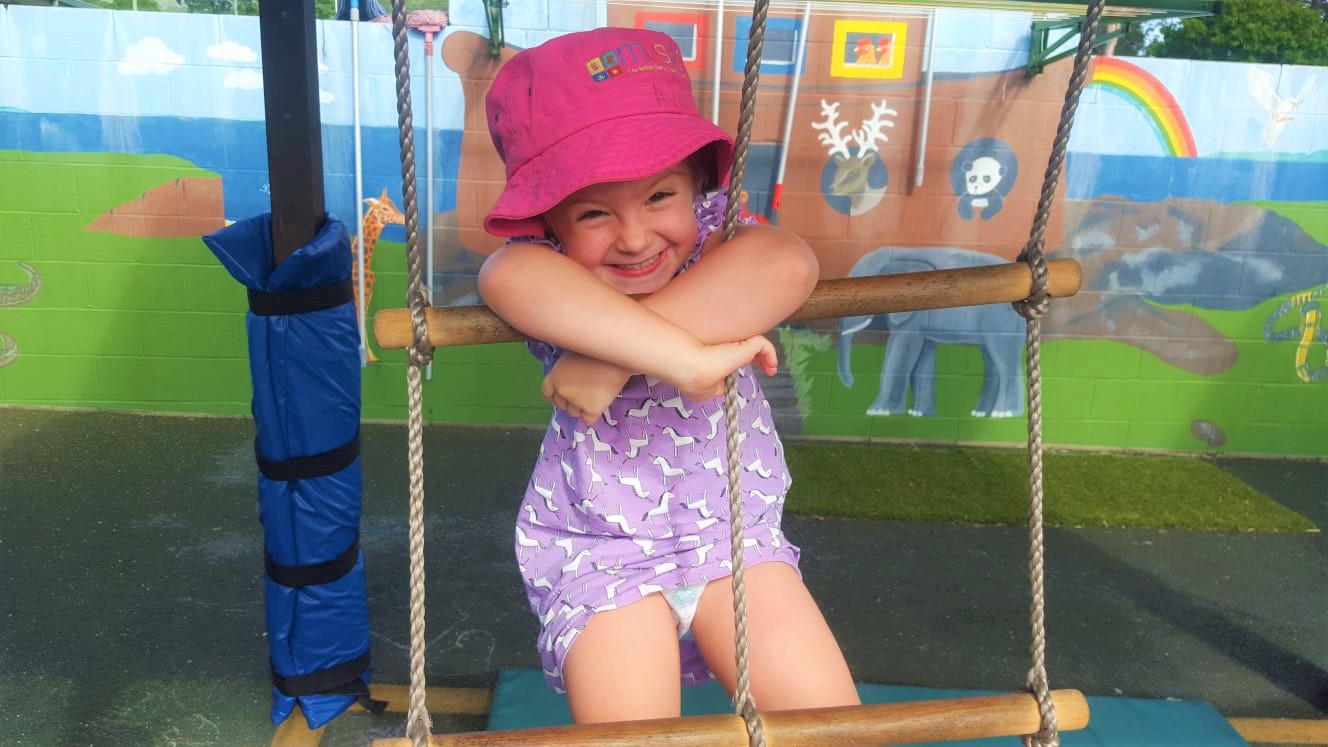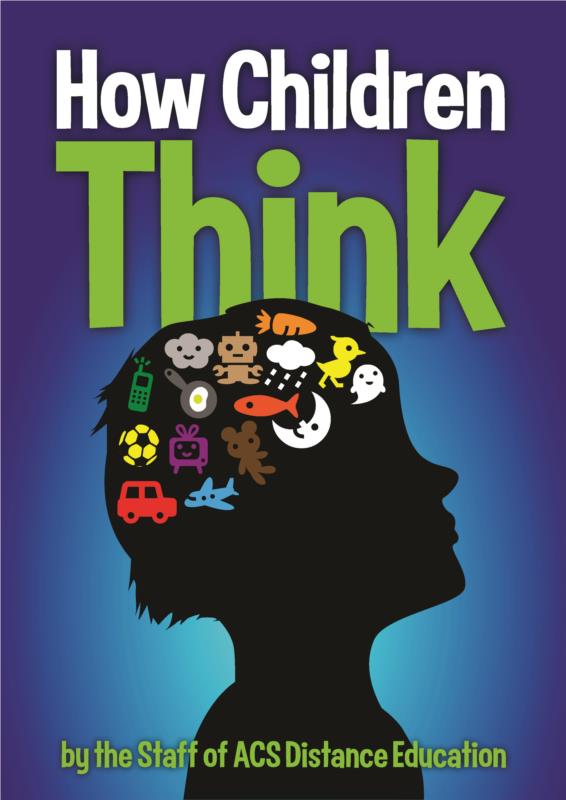Why Study Child Development?
Studying Child Development is Critical in Child Health and Well-being
During the first 5 years of a child’s life, there is almost unimaginable physical, social, cognitive and emotional change and growth which takes place. Growth and development obviously continue during the child’s early life until maturity at adulthood, however that growth is not as rapid as we see in the early years. In these early years, children work out their place in world. They are part of a family, a community, a social system. They are also an individual being and their foundations of personality are well and truly formed.

Children go through different stages of development. Some child development experts have called the various stages of development different names over decades of research. Some well-known child-development theories evolved from the work of Jean Piaget, John Bowlby, Sigmund Freud are a few names you may recognise. Today very popular child development psychologists include Dr Gordon Neufeld and Dr Gabor Mate.
By studying children, we can learn more about why they develop the way they do and also the most effective ways to help them to develop as responsible citizens with positive contributions to make. An example in how adults work in this is: by understanding more about how children learn to read, we can develop programs that are more effective in helping children to read.
With our knowledge of children’s development, we can also understand why some children have difficulties and delays, and how to help them overcome challenges and what we need to do.
By studying children, we can also understand environmental factors that influence how a child grows physically, emotionally and psychologically. For example, parental attitudes to education can have an influence on a child’s educational performance. Parental support plans can be implemented, and family education can be encouraged. All of the professional work undertaken in the early years is designed to support the social and emotional outcomes for the child (children).
Have you wondered, how research scientists and psychologists study Child Development?
When we study child development, we cannot study all children, so we must select a sample of children to study. Very obviously, there are issues with population sampling in such kinds of research. For example:
- Research can be bias if the children in the group are unusual in some way. The research can be bias if it only focuses on one culture, class, gender or ethnicity. So, it is hard to generalise the results of the study of some children to all children in a population.
- There can be ethical issues involved in studying children. For example, the children may become upset or feel stressed at being the subject of a study. Discrete observation is not always possible.
To improve both the validity of results and reduce stress on the subject(s) being studied. ‘Subject’ in this context is a child or group of children of course!
So, we can study children in several ways:
Longitudinal Studies
These are studies that follow the same group of children over a period. This can be for a shorter period such as a few months or throughout their lifetime. The Child of our Time Study and the Child of the Millennium Study are examples of longitudinal studies.
Cross Sectional Studies
These studies look at behaviour and abilities across different groups of children. For example, a study may look at groups of children across different age ranges but focus on the same area of child development. This means it is cheaper than a longitudinal study, as you can study all the children at the same time, by looking at the different age groups. It also means that the researcher does not have to wait until the child gets older before studying them again.
Case Studies
This is where one child or a small number of children are studied regularly over a period. This can be a short time period or longer. The child can be observed, or they may be asked to record things in a diary or parents may record things about the child. This gives rich and detailed information about the child, which is more difficult when looking at a larger sample of children. Like most situations, there are disadvantages of this –
- The child or children may have additional support needs in some way, which biases the results.
- If we rely on diary entries from parents, there can be emotional and relational prejudice in the recordings.
We invite you to connect with and learn more about child health and development on our dedicated Child Health and Psychology facebook page.
If you would like to chat with a tutor in this area, please request a call back at a time that suits you. We’d love to connect with you! Email info@acsedu.co.uk
If you would like to learn more about child development, browse our courses:
 Child Psychology
Child Psychology
Child And Adolescent Mental Health
Developmental, Learning and Behavioural Conditions in Children and Adolescents
Adolescent Psychology
Certificate in Child and Youth Counselling
Developmental Psychology
Follow ACS Distance Education on Twitter
[18/04/2025 07:29:48]